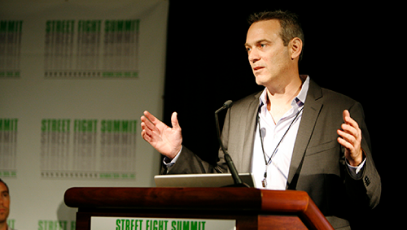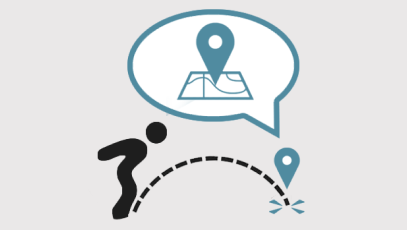By David Pachter
A 2021 survey of one thousand workers by Morning Consult on behalf of Bloomberg News found that 39% would consider quitting their jobs if their employers insisted that they come back to the office full-time. Among Millennials and Gen Z, that number rose to nearly 50%.
I get it. Many of our teams thrived over the last year with a mostly remote workforce. We know that for some, the flexibility to work from home is important. Between the drive time, pets and childcare, and the money saved without the usual commute, remote work is a hill plenty of folks are willing to die on.
But I have a different take. We’ve seen individual contributors who work remotely fail at an alarming rate. There are many factors that have contributed and I think we can reverse the trend by making remote work an earned level. It wasn’t until I was 28, working another entry-level job, where I had the opportunity to work for a very successful executive who did predominantly the same job I did. My ability to see what actual success looked like and model the behavior I saw led me to demand more from myself and made me aware of the reason my prior jobs never resulted in recognition or promotion. I had fallen victim to not knowing what I didn’t know.
This is a common pitfall that I have seen over and over in talented and inexperienced execs of the past 20 years. The way I see it, remote work should be reserved for employees who’ve demonstrated the foundational skills and knowledge to excel in their role. My friend and NFL all-pro Chris Hope likes to say “Successful people do the work that unsuccessful people don’t” and if you haven’t seen successful people in action in the office, it’s harder to know what that action looks like. There are nuances – soft skills – essential to successful work, pace, timing, tone, consistency with company culture, and team synergy that are much easier to pick up in the workplace, and then there’s just out-working people. There’s certainly room for both the soft skills and the hard work in the success bucket.
Insisting that people earn the benefit of remote work or commit to an “apprenticeship” at a physical office would level the playing field. The goal is to build a process that makes it more likely for new hires to succeed, to stack the odds in their favor, and to provide them with an opportunity to strengthen skills that will undoubtedly help them throughout their careers— remote or in person.
When you’ve recently started a new career, so much of what you learn from experienced coworkers comes extemporaneously, from unplanned conversations and shared moments. Less-experienced employees working onsite with a team learn and benefit from high achievers, putting them at a distinct advantage. Frankly, most people need to see what it takes to be successful—the commitment, the intensity, the obsessive pursuit to hit the goals you set. When you’re at home, you don’t necessarily see the pace of your peers and those getting recognition who are grinding all day. The competition and energy of it all can be inspiring.
I’d like to see organizations establish a “residency requirement.” Less experienced workers and new hires would have to put in a predetermined amount of time and hit performance standards before any remote work would become an option. Obviously, the requirements would have to be flexible depending on an employee’s circumstances, location, and the nature of the work, but establishing the idea that remote work is a privilege to be earned, not a right granted by fiat, would increase both its value and our appreciation for it.
David Pachter is the co-founder of JumpCrew, a fast-growing outsourced sales and marketing company based in Nashville, TN. He’s also the author of Remote Leadership: How to Accelerate Achievement and Create a Community in a Work-from-Home World published in fall 2021 from Amplify Publishing.



